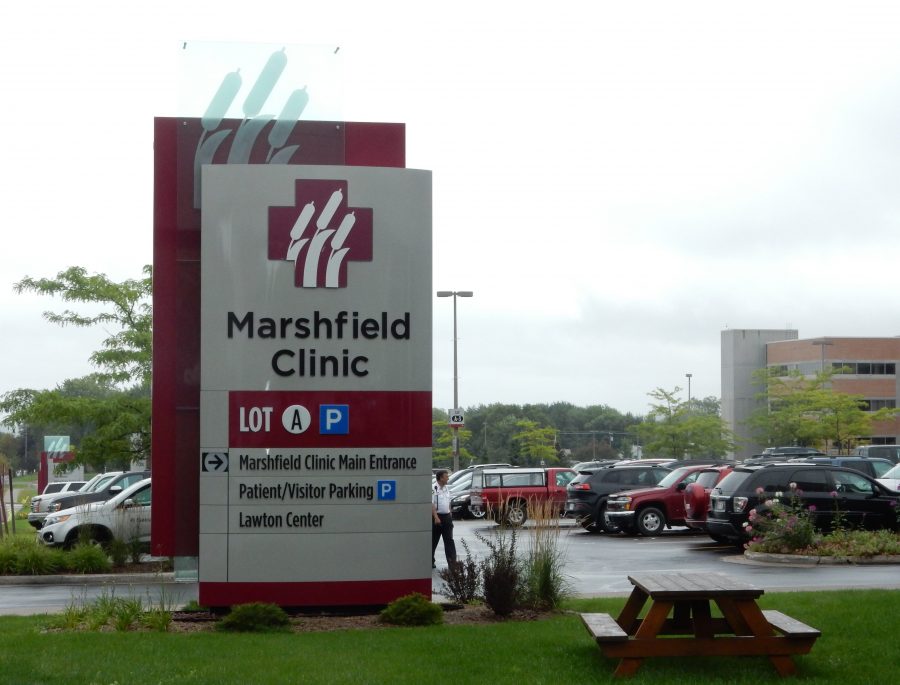Marshfield Clinic researchers part of worldwide project analyzing genes

Marshfield Clinic researchers are part of an international study, coordinated by the U.S. Food and Drug Administration (FDA), which has found that next-generation sequencing can work reliably across laboratories and find new gene variants.
This work represents the largest effort to date to generate and analyze genes and reproduce findings, showing this is a valuable method for understanding and developing more specific therapies for medical disorders, especially cancer.
The study, reported by the Sequencing Quality Control (SEQC) consortium through Weill Cornell Medical College in New York, is now in a special issue of the renowned scientific journal Nature Biotechnology.
Studies measuring gene activities as they respond to disease and therapy contribute substantially to biomedical research. This work, complementing existing technologies in clinical and pharmaceutical research and personalized medicine, allows doctors and scientists to get reliable, comparable analysis results.
“This is an important milestone in setting standards for evaluating which genes are active and by how much, in cancer cells in particular,” said Murray Brilliant, Ph.D., senior research scientist and director at the Center for Human Genetics, Marshfield Clinic Research Foundation (MCRF).
Brilliant is The Dr. James Weber Endowed Chair in Human Genetics. His co-author on the study is Zhan Ye, Ph.D., biostatistician, Biomedical Informatics Research Center (BIRC). Marshfield researchers were supported for this project by an MCRF grant.
“We didn’t have good standards until now,” Brilliant said. “This study is the first to assess these various technologies and determining their accuracy. And looking at patterns can help devise treatments.”
The FDA brought together more than 150 researchers from 12 countries to test the latest tools for measuring gene activity and compare results across different labs and technologies. Scientists collaborated to extend earlier work coordinated by the FDA that had focused on now well-established methods.
Reproducing analyses forms the basis of advancing science, allowing others to scrutinize claims and combine results. It is the foundation of effectively developing new drugs, therapies and reliable personalized medicine, according to Brilliant, meaning this research is of interest to regulators around the world.
Project findings will now help prepare the FDA for the next wave of submission of genomic data.
Leave a reply
You must be logged in to post a comment.






